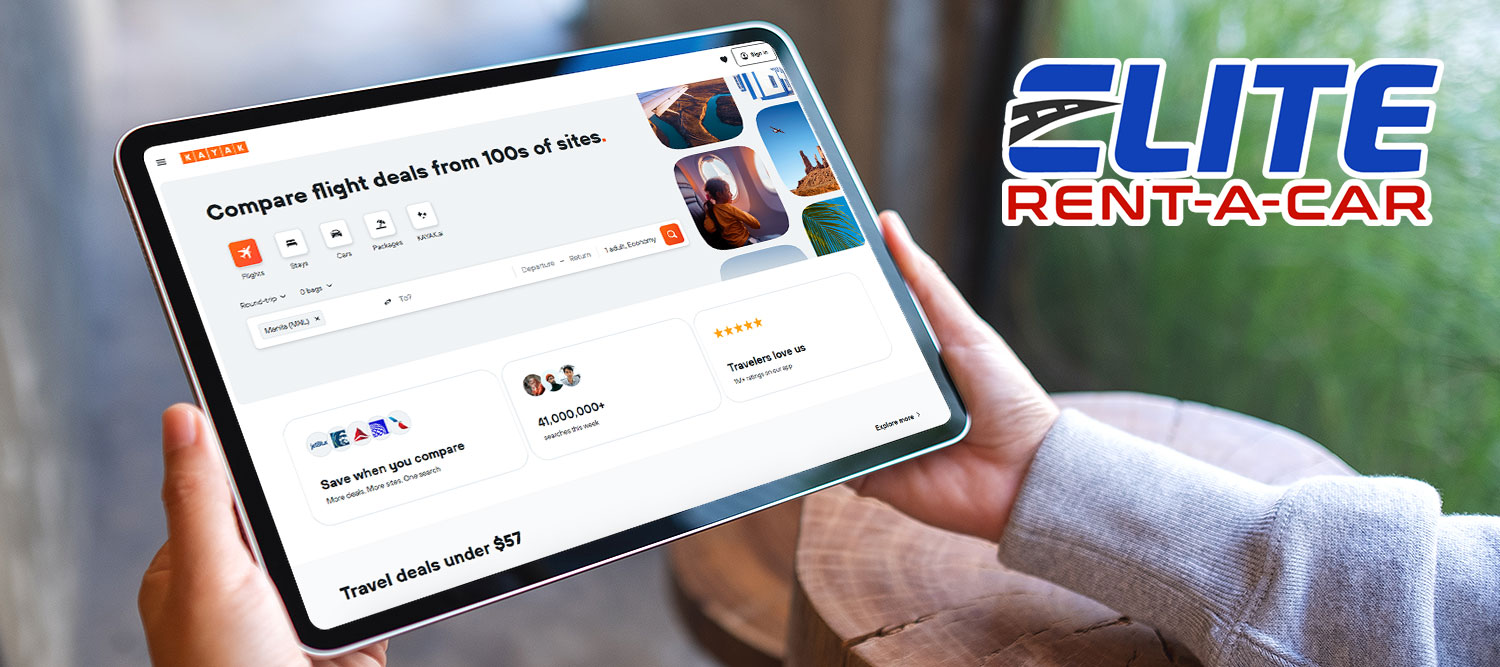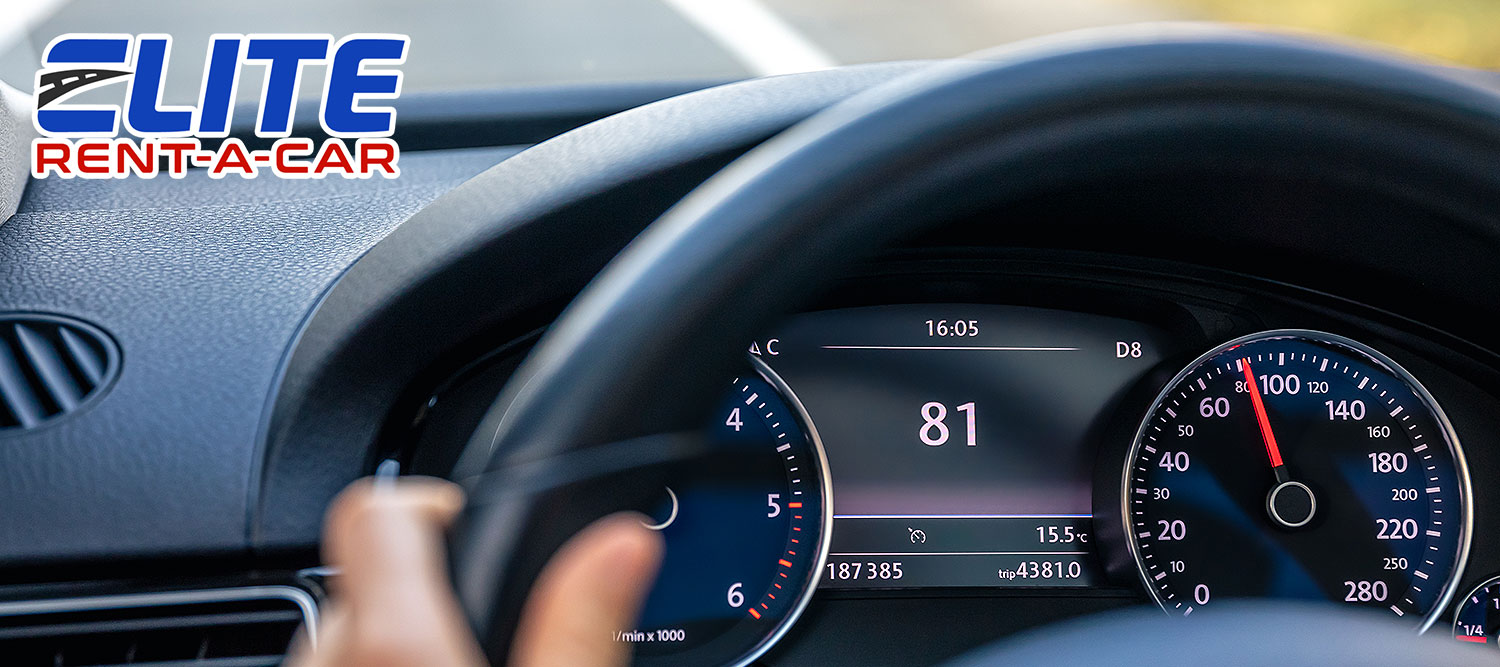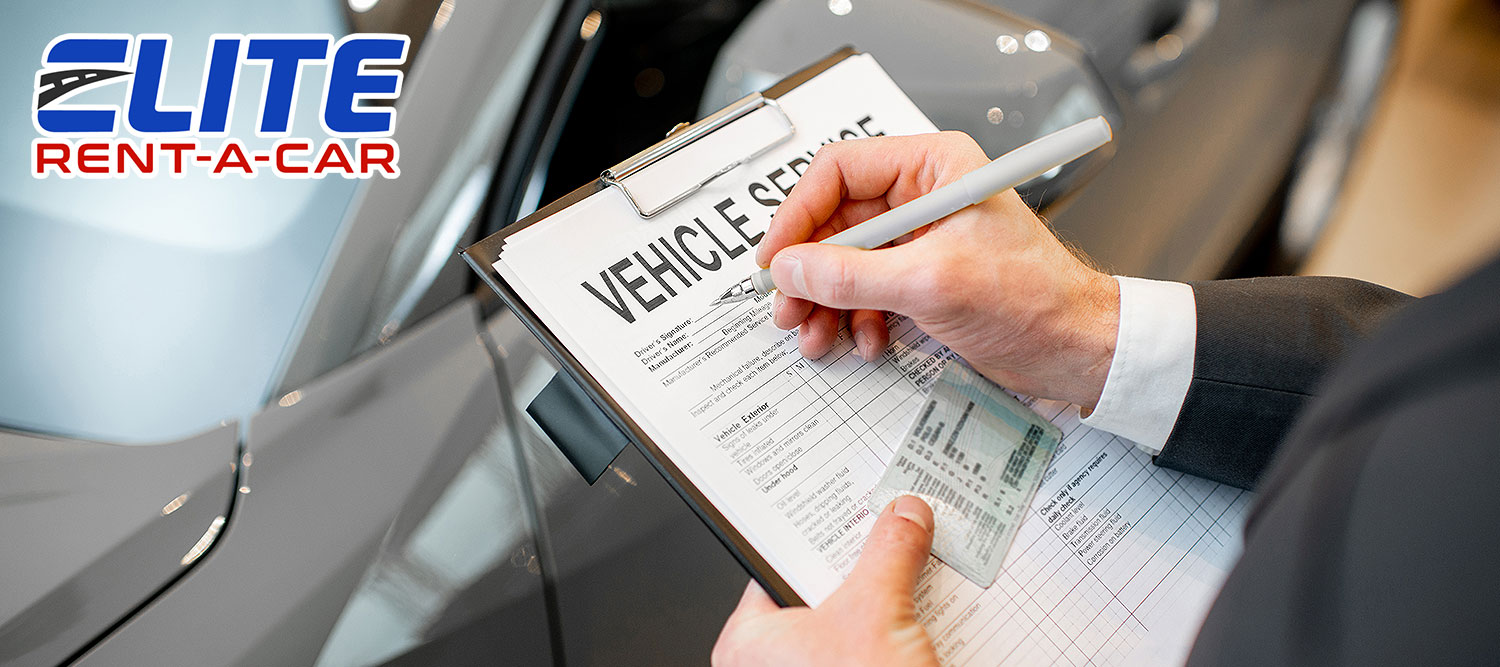Many travelers think that booking early is always best. They believe that if you reserve a rental car ahead, you will get a better rate. But the best time to book a rental car is not always far ahead. In fact, the optimal time to book a rental car may surprise you.
Booking in advance can give you peace of mind, a secure rental car early, and perhaps early bird discounts. You can choose the right vehicle class/type availability, like specialty vehicles, SUVs, or luxury cars. If you use travel aggregator sites like KAYAK or AutoSlash, you can lock in a rate and still wait to see if it drops.
On the other hand, last-minute rental car deals sometimes mean a cheaper time to book rental car. A NerdWallet study found booking just one week in advance could save 13.4% compared to booking months earlier. Forbes Advisor also notes that prices often fall in the final weeks before travel, rather than way ahead.
Still, there are times when you do not want to risk not getting a car. That is why the best approach is often a hybrid booking strategy: book early with free cancellation, then rebook cheaper if prices drop. This gives you both availability guarantees and cost savings.
When Are Rental Car Prices Typically Lowest? Data from Experts
Let’s look at what expert data shows:
Many travelers wonder: when to reserve a car rental to get a good deal? The answer depends on real data, not just guesswork. Let’s look at what experts say:
- NerdWallet found that last‑minute rental car deals often cost less. On average, you pay 13.4% more when you book three months in advance versus just one week before the trip. For some brands like Thrifty, early booking costs more by 28%.
- Forbes Advisor analyzed prices and found the best time to rent a car is usually within four weeks of your pick‑up date. Booking way ahead can lead to higher per‑day costs—sometimes $152 one day, compared to $99 a few weeks before.
- KAYAK data shows that rates drop when you book about one month in advance. Booking six months or more ahead tends to be more expensive.
- CarsBibles says the sweet spot is to book 4–6 weeks ahead, especially to avoid last‑minute stress during peak seasons or big events.
- Autocarshub agrees that for domestic rentals, 2–3 weeks in advance works well. But for international rentals, book earlier—about 3‑6 months out—and for busy seasons, even 6–12 months in advance might be wise.
Summary of Expert Findings
| Source | Best Booking Window | Notes |
| NerdWallet | ~1 week before pickup | Last-minute deals are often cheaper, up to 28% at some companies. |
| Forbes Advisor | Within 4 weeks of travel | Booking far ahead costs more per day. |
| KAYAK | ~1 month before travel | Cheaper than booking months ahead. |
| CarsBibles | 4–6 weeks before trip | Good balance of price and vehicle choice. |
| Autocarshub | 2–3 weeks (domestic); 3–6 mo (intl) | Peak seasons may need 6–12 months’ lead. |
Booking Windows by Scenario: Domestic, International & Peak Times

Domestic Travel (inside your country)
- For trips in the U.S., booking 2–4 weeks in advance generally gives you a good mix of lower prices, good vehicle selection, and availability. Rental companies release inventory early, but the sweet spot is this window.
International Travel
- When traveling abroad, you need more time to plan. Experts suggest booking 3–6 months ahead. This helps you save money and get the car you want.
During Peak Seasons or Big Events
- If you are traveling during busy times like holidays, school breaks, festivals, or big events, book even earlier. Aim for 6–12 months in advance. That way you’ll guarantee availability, a better price, and the model you need.
Why These Windows Work
| Scenario | Suggested Booking Time | Why It Works |
| Domestic (non-peak) | 2–4 weeks ahead | Good balance of price, vehicle class/type availability, and lower prices. |
| International | 3–6 months ahead | Secures your booking and price; optimal time to book a rental car. |
| Peak seasons / big events | 6–12 months ahead | Highest chance of availability and early bird discounts. |
- Booking too early can cost more and hold less flexibility. Booking too late means you may pay more or find scarcity.
- A hybrid booking strategy works well: book early with free cancellation, then monitor prices using KAYAK or AutoSlash; rebook if a better price appears.
Hybrid Strategy: Book Early, Then Rebook for Savings

Sometimes you want to make sure you have a car, but you’re also hoping for a better price. A hybrid booking strategy lets you have both security and savings. Here’s how it works:
- Book early with a free cancellation policy. That way, you lock in availability and avoid selling out.
- Use sites like KAYAK or AutoSlash, which are travel aggregator platforms, to track prices.
- If you find a lower price, cancel your original booking (since it’s free) and rebook at the cheaper rate.
This method gives you the availability guarantee of booking early, with the chance to get last‑minute rental car deals. As NerdWallet shows, booking closer to your trip, like 7 days before instead of 3 months ahead, can save you 13.4% on average. Thrifty had savings of 28% for last-minute bookings.
Why this works:
- Booking early ensures you won’t risk sold-out cars.
- A refundable reservation acts like a rate ceiling—you’re protected even if prices rise later.
- You keep an eye on price trends, and if rates fall, you can act fast and save money.
This gives you the best of both worlds: peace of mind, plus the opportunity for lower rates.
Risks of Waiting: Limited Options, Hidden Fees & No Guarantees
Waiting too long to book a rental car can be risky. Here are the main problems you might face:
1. Limited Options or No Cars Left
If you book at the last minute, you may find that the best deals or the car you want are gone. This is especially true during busy times like holidays or big events. You might end up with higher prices or even no availability when it’s close to your trip.
2. Hidden Fees That Can Add Up
Rental companies can surprise you with extra charges you didn’t expect. Common ones include:
- Airport surcharges (extra cost to pick up at the airport)
- Refueling fees (you pay much more if you don’t fill the tank yourself)
- Insurance fees, GPS, car seats, or extra driver charges
- Early return or late return charges that can surprise you
- Fuel, location, or “environmental” fees that quietly raise your total cost
3. No Guarantees on Price or Car
When you book late, you might:
- Pay more because prices go up when demand is high.
- Pay even more at the counter for things like insurance you didn’t know you needed
- Face billing issues if the car has damage that was already there, but you didn’t inspect or document it
Why Booking Early Helps You
- You get the car you want, even in busy times.
- You can compare prices and read the fine print ahead of time to avoid hidden fees.
- You reduce the risk of waiting costs, unavailable cars, and extra charges that stack up when you’re under pressure.
Smart Booking Tips Beyond Timing
Get the best deal with these smart tips:
- Avoid extras: Save money by bringing your own child seat or using your phone for GPS. Airport pick-up can be up to 30% higher.
- Buy standalone insurance: Third-party excess cover is usually cheaper than paying at the counter.
- Match documents: Ensure your name on the booking, ID, and card match exactly to avoid issues.
- Use aggregators: Sites like KAYAK, Expedia, and Momondo help compare prices and find deals.
- Photograph your car: Take pictures when you pick up the vehicle to prevent damage disputes.
Quick Summary Table: Booking Timing at a Glance
This table helps you see the best booking time based on your travel plan. It shows when to book early, when last-minute can work, and when a hybrid approach is smart.
| Travel Scenario | Best Booking Timeframe | Why This Works |
| Domestic (non-peak) | 1 week to 1 month before | It’s about 13.4% cheaper than booking three months early. |
| Domestic (general rule) | 2–4 weeks before trip | Balance of price and choice. |
| International or peak times | 4–6 weeks ahead | Helps you secure the best rate and availability. |
| High-demand seasons/events | 2–3 months, even 6–12 months ahead | Ensures you can get the car you want. |
| Off-peak with flexible plans | 1–7 days before | Last-minute deals can save up to 30%. |
| Hybrid strategy | Book early with free cancellation + rebook if price drops | Combines the best availability and savings. |
8. FAQs
Q1: Is last-minute always cheaper?
Not always, but often. A NerdWallet study found that booking one week before can be 13.4% cheaper than booking three months ahead. Some companies like Thrifty offered even more—28% savings—when booking last minute.
However, this is risky, especially during peak seasons or if you need a specialty vehicle.
Q2: How early should I book for the best price?
- Domestic trips: Booking 2–4 weeks in advance usually gives a good balance of price and availability.
- International trips or busy times: Plan for 3–6 months ahead to get good deals and vehicle choices.
- Peak seasons or big events: Booking 6–12 months ahead ensures you get the car you want.
Q3: What about a hybrid strategy?
This is a smart mix of early booking with free cancellation plus tracking prices. If rates go down, you can cancel and rebook for less. That way, you keep both availability and savings.
Q4: Are there times when booking too early is bad?
Yes. Booking too far ahead—like 6 months or more—might lead to higher rates than booking closer to your trip. Rental companies can adjust prices dynamically.
Q5: What if my trip isn’t fixed yet?
Then, early booking still helps. You get more vehicle choices, avoid last-minute stress, and can cancel later if you need to.
Q6: Is booking 2–3 weeks before a good idea?
Yes! Many experts find that 2–3 weeks before your trip offers good savings without risking availability, especially during non‑peak times.
Final Advice
- Need certainty? Book early with a free cancellation.
- Want the lowest price? Watch the rates closely, then rebook if they drop.
- Still deciding on timing? Think about your trip: Is it a quiet season or a special event? Your answer will guide when to book.





